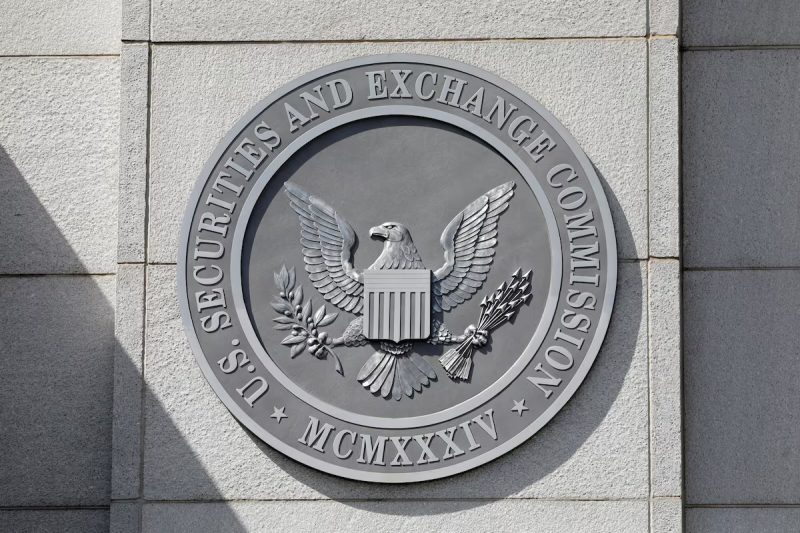The United States Securities and Exchange Commission (SEC) has strongly opposed Hex (HEX) founder Richard Heart’s attempt to dismiss the $1 billion securities lawsuit against him. The SEC argues that it has full jurisdiction over the case because Heart’s alleged illegal securities sales were specifically targeted at U.S. investors.
In its opposing argument, filed in a New York federal court on August 22, the SEC criticized Heart’s dismissal motion, claiming that he ignored the solid allegations and applicable law outlined in the complaint. Heart, whose real name is Richard Schueler, had argued in his motion that the SEC had no authority over him since he lives abroad and had not been in the United States during the period in question.
Heart’s motion, initially filed on April 8, asserted that the SEC did not provide any evidence showing that he engaged in activities directed toward the U.S. He claimed there were no U.S.-based entities, employees, contracts, payment accounts, marketing efforts, or travel associated with him.
The SEC countered these claims by detailing how Heart specifically targeted U.S. investors through various promotional efforts. It noted that Heart virtually attended a Las Vegas conference in March and September 2022, where he promoted HEX, PulseChain (PLS), and PulseX (PLSX)—which the SEC alleges are unregistered securities. Additionally, the SEC pointed out that Heart appeared in person on a Miami-based podcast in August 2022, where he further promoted HEX and PLS. The agency also mentioned that a U.S.-based developer was involved in creating these projects.
Lavish Spending and Alleged Misuse of Investor Funds
Reiterating its accusations from when it first sued Heart in July 2023, the SEC claimed that he used millions of dollars from PulseChain investors to purchase luxury items, including cars, expensive watches, and the “so-called largest black diamond in the world.” According to the SEC, Heart raised over $350 million from investors to develop PulseChain, but allegedly spent more than $12 million on personal luxury goods.
In his defense, Heart argued that the SEC failed to demonstrate any deceptive conduct or false statements. He also contested the SEC’s claims that HEX, PLS, and PLSX were investment contracts under federal securities laws.
Heart further contended that the SEC’s case infringes on his free speech rights, arguing that his statements, including those related to blockchain and software code, were being wrongfully used to allege securities offerings. The SEC dismissed this argument as unfounded, comparing it to a bank robbery suspect claiming his constitutional rights were violated if prosecutors quoted his demands during the robbery.
The next hearing in the case is set for October 24.
